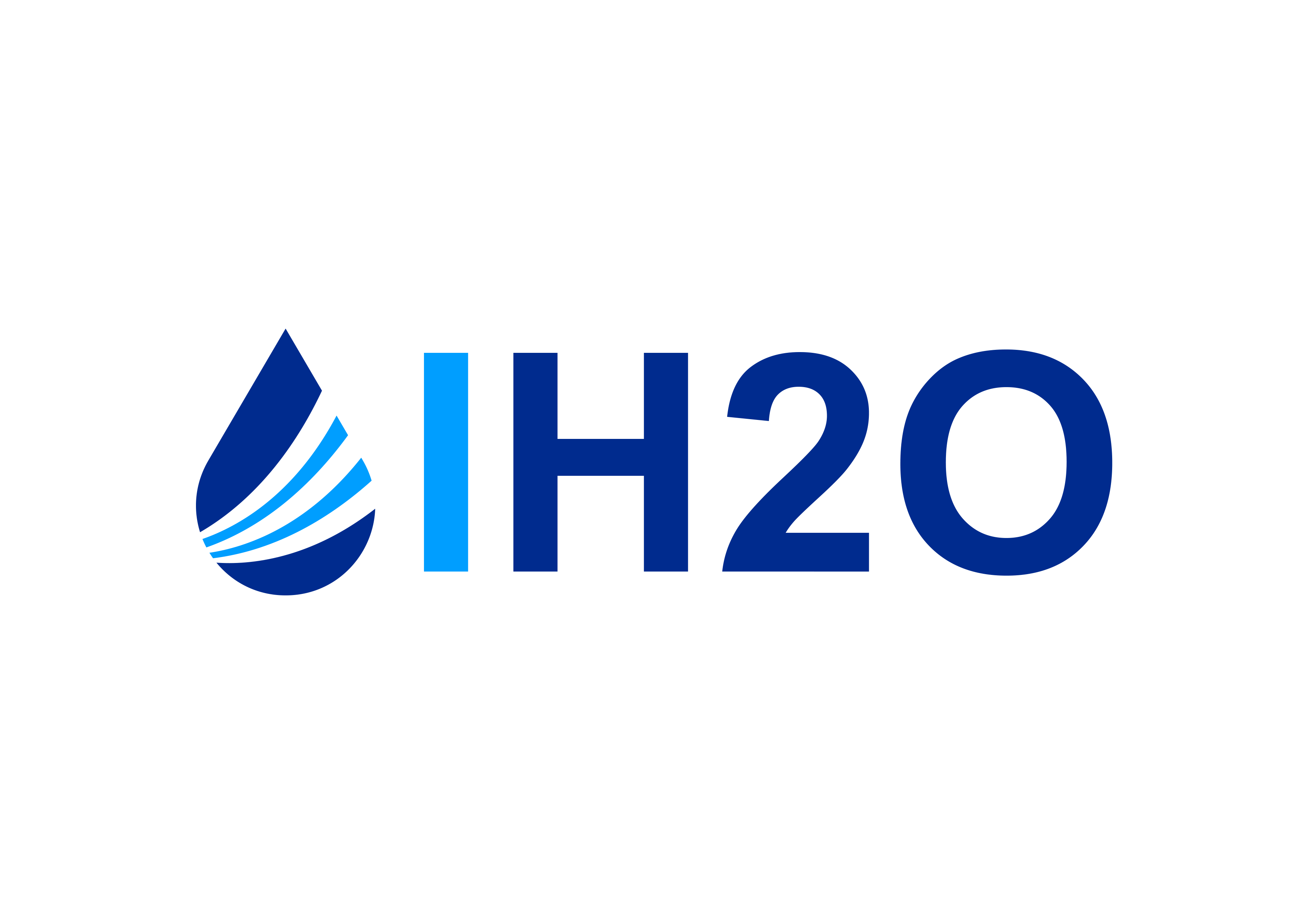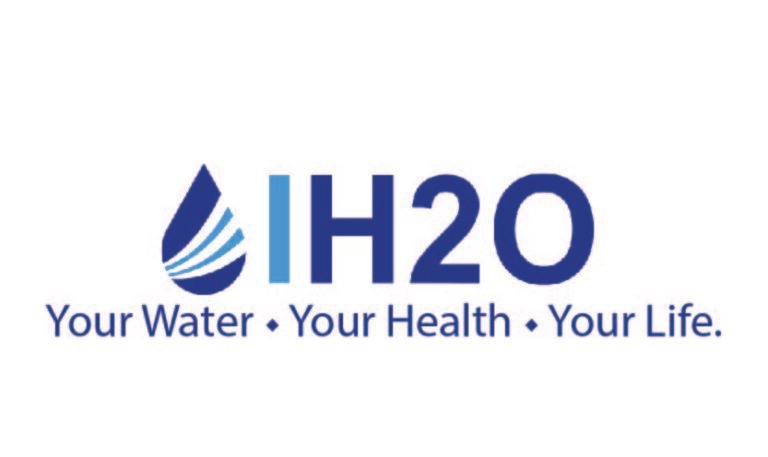It has been discovered in the latest research that there has been an increase in lithium levels in drinking water, which plays a major role in changing today’s children. These high levels of lithium are causing autism, personality disorder, and other more neurotic changes in developing children.
Researchers at UCLA Health found that pregnant women who lived in households that had higher levels of lithium in their tap water had a moderately higher risk of autism spectrum disorder in their offspring. It is the first time that lithium in drinking water has been identified as a possible environmental risk factor for autism, according to research published in JAMA Pediatrics on April 3.
“Any drinking water foreign substances that might influence the creating human cerebrum merit examination,” said principal concentrate on creator Beate Ritz, MD, PhD, of UCLA’s David Geffen Institute of Medication and UCLA’s Handling School of General Wellbeing’s The study of disease transmission and Ecological Wellbeing.
More Harmful Effects of Lithium on Water Bodies
The use and disposal of lithium batteries in landfills may make anthropogenic sources of lithium in water more common in the future, which can contaminate groundwater. “Our discoveries depend on top-notch Danish information, however, they should be imitated in different populations and districts all over the planet,” says the review’s lead creator.
Depression and bipolar disorders can be effectively treated with lithium compounds because they produce mood-stabilizing effects. The practice continues to be allowed despite growing evidence linking it to miscarriages and cardiac anomalies.

Ritz, whose examination centres around how ecological openings impact neurodevelopmental messes and neurodegenerative infections, said she chose to explore the conceivable connection between lithium and chemical imbalance risk after finding that little human exploration had been led on what lithium means for mind development and advancement.
Nonetheless, she discovered that some experimental studies indicated that lithium, one of several naturally occurring metals found in water, may affect an important molecular pathway involved in neurodevelopment and autism.
Other Researcher’s View On This
As per Zeyan Liew, PhD, MPH, the concentrate’s most memorable creator and an Associate Teacher of The Study of Disease Transmission at Yale College School of General Wellbeing, this review is critical because past Danish exploration utilizing excellent clinical vault information has shown that ingestion of constant and low-portion lithium from drinking can impact the onset of adult neuropsychiatric problems.
However, no study has been conducted to determine whether lithium in pregnant women’s drinking water affects their child’s neurodevelopment.
Conclusion:
Ritz and Liew worked with Danish scientists to research lithium levels in 151 civil waterworks serving generally 50% of Denmark’s populace. The scientists utilized address information from Denmark’s complete common enlistment framework to distinguish which waterworks served the homes of pregnant moms at the hour of their pregnancies.
The researchers found children born between 1997 and 2013 using a nationwide database of patients with psychiatric disorders and compared them to 63,681 children who did not have an autism diagnosis. The specialists additionally viewed maternal attributes, financial factors, and air contamination openness, which have all been connected with an expanded risk of chemical imbalance in youngsters.


